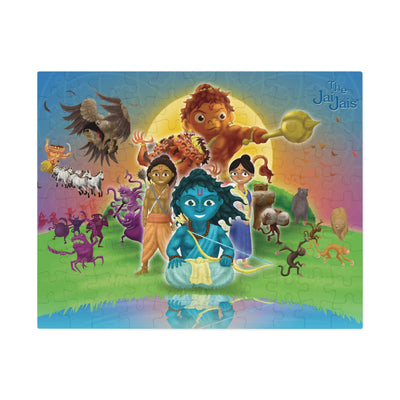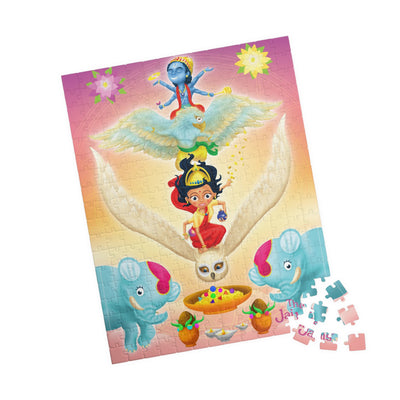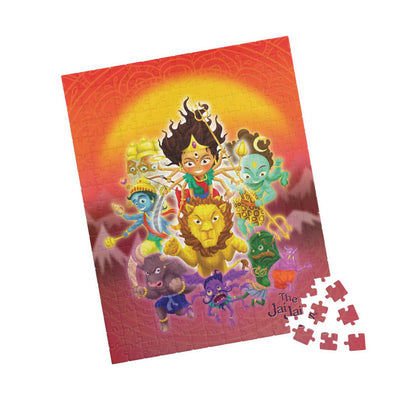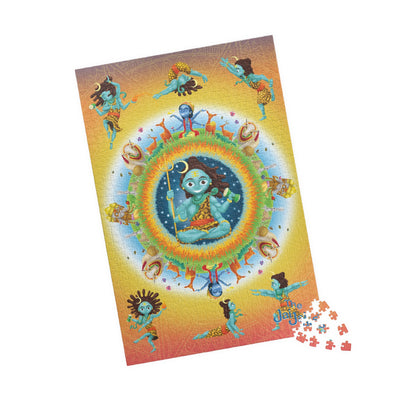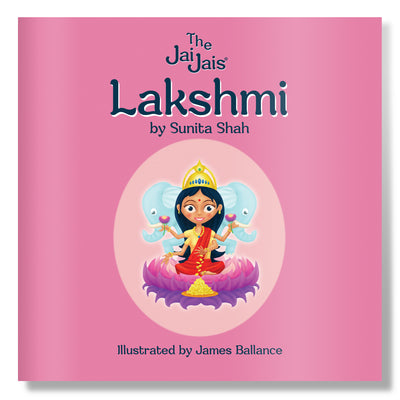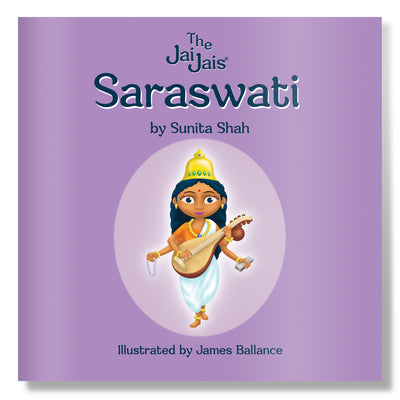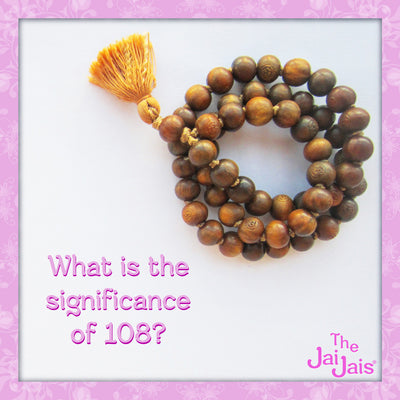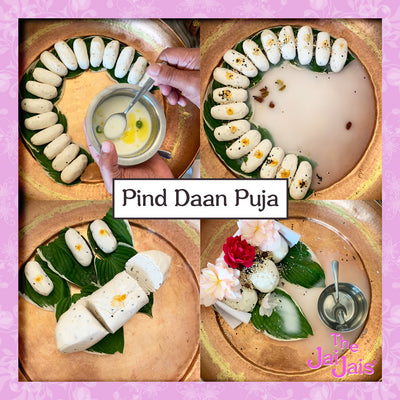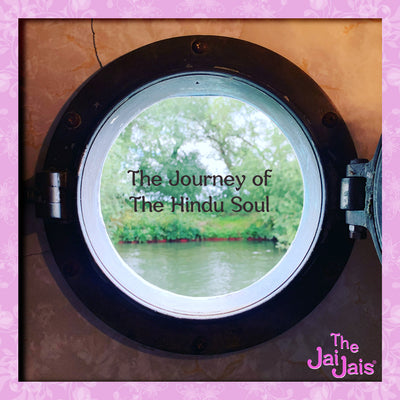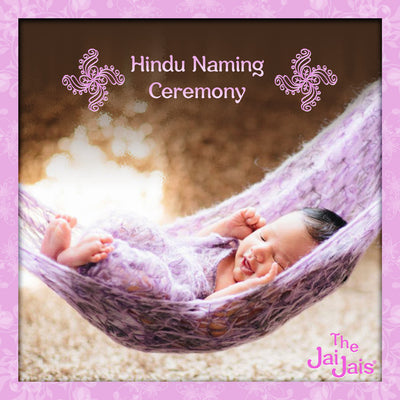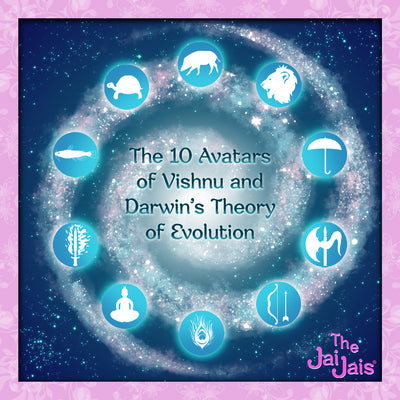HOW PUZZLES CAN DEVELOP SO MANY SKILLS IN OUR CHILDREN
The Jai Jais are so excited to launch our new range of puzzles. Incorporating the amazing talent of our illustrator James Ballance, with the fun of puzzles. These puzzles are great to introduce children to The Jai Jais in a fun and engaging way. What a perfect gift for Navratri and Diwali.
There are three basics of what puzzles can do for your child’s development at any age.
When your child is alone with a puzzle you can expect three basic skills to be built:
- Physical skills -from holding puzzle pieces and turning them until they fit. Developing fine motor skills.
- Cognitive skills -as they solve the problems of a puzzle. Helping with problem solving.
- Emotional skills -they learn patience, resilience, and are rewarded when they complete the puzzle.
These three basic skills are the building blocks for a well rounded person. Puzzles allow an opportunity for young children to focus on an activity that has an ending. Completing the fun image. Encouraging resilience, and problem solving.
In addition to the above basics, doing a puzzle with a friend or family member also allows for the growth of social skills (turn taking, eye contact) as they work together and communicate about what fits where. This is a major point as nearly any activity done with more than one person will have this benefits, and develop social skills.
As a Speech and Language therapist; puzzles can help to develop new vocabulary, sentences structures and phonological skills; such as sound development and awareness and recognition. Also developing mindfulness or being in the moment which schools are adopting. A child’s mental health is so important in this climate.
Looking at the specific skills behind the three basics. Each of the three basics break down further into specific skills that a puzzle can build for your child.
PHYSICAL SKILLS
- Hand-Eye Coordination -your child will develop a keen relationship between what their eyes see, what their hands do and what their brain relates to this information.
- Gross Motor Skills -Larger puzzle pieces and stacking puzzle games can enhance the large movements of your child to the point where they can then work on their fine motor skills.
- Fine Motor Skills -small and precise movements, such as the movement of fingers to get a puzzle piece in exactly the right spot, are built and can lead to better handwriting and typing skills.
COGNITIVE SKILLS
- Understanding the surrounding world -there is no better way for your child to gain an understanding of the world around them than by letting them literally manipulate the world around them.
- Shape recognition -the first puzzles we use are simple shapes -triangle, squares and circles. From there more complex shapes are used until the abstract jigsaw puzzles are used.
- Memory -Your child has to remember the shape of pieces that don’t fit fir when they will fit later on.
- Problem solving -Either the puzzle piece fits or it does not. Your child uses critical thinking skills to solve the puzzle and, best of all, you can’t cheat a puzzle!
SOCIAL & EMOTIONAL SKILLS
- Setting goals -The first goal is to solve the puzzle, the next goal will be a series of strategies your child comes up with to solve the puzzle. Such as putting familiar shapes or colors in one pile for future reference.
- Patience -Puzzles are not like sports, you can’t just step up to the plate and swing until you knock it out of the park. You must practice patience and slowly work through the puzzle before you reach the ending.
There is no mistaking the benefits of puzzles in childhood development. You used them, your parents used them and your children are using them now. Give your child the opportunity to continue learning from simple shapes, to silhouettes, to jigsaw puzzles, to abstract shapes, and what a better way to combine culture, and religion with the Jai Jais puzzles.
Ref: teach.com
Sunita Shah
Author
Bsc(Hons), MRCSLT, MASLTIP, HPCReg
Director The Jai Jais Limited & Together Let’s Communicate Limited.

